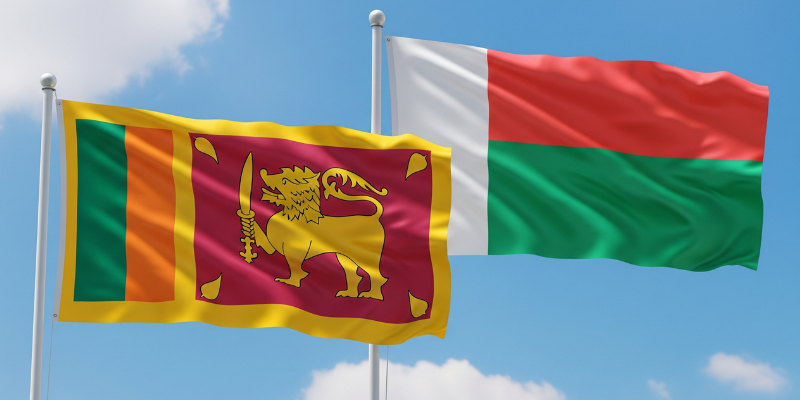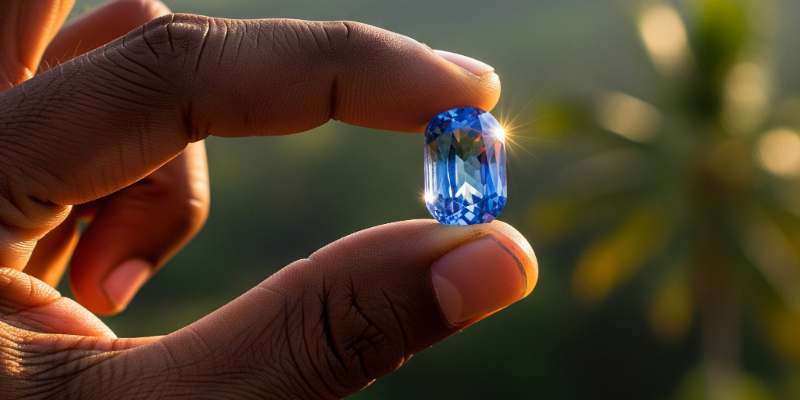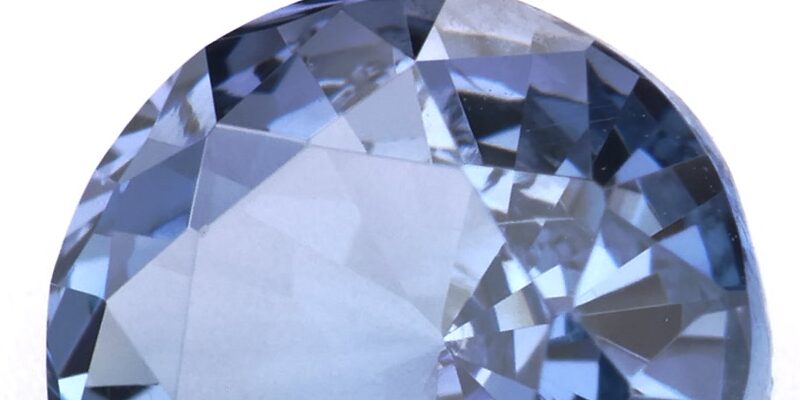General
Can You Trust Sri Lankan Gem Certificates? Here’s What You Should Know
Can You Trust Sri Lankan Gem Certificates? Here’s What You Should Know
I get this question almost daily from international buyers: “Can you trust Sri Lankan gem certificates?” I completely understand why you’re asking. When you’re spending your hard-earned money on gemstones from halfway around the world, you want to feel confident about what you’re buying.
Let me share what’s really happening here in Sri Lanka and why most of us gem dealers work with local laboratories instead of the big international names you might expect.
Why We Don’t Use GIA or GRS for Every Stone
Here’s something that might surprise you: labs like GIA, GRS, SSEF, and Gübelin simply don’t have offices in Sri Lanka. They’re not available here. If I want to get a stone certified by one of these international labs, I have to send it to Bangkok, Switzerland, or the United States.
This creates several real problems for us dealers:
The cost is huge. Sending a stone overseas for certification, paying the lab fees, insurance, and shipping both ways can easily cost $200-500 per stone. For a $300 sapphire, that doesn’t make business sense. Those costs get passed to you, the buyer.
It’s risky. Stones can get lost, damaged, or held up in customs for weeks. I’ve had shipments delayed for months.
Bangkok restrictions have gotten tighter. GRS no longer accepts airmailed parcels from many countries – stones must be hand-carried now. This means someone has to physically travel there, which adds even more cost and time.
For most stones under $2000, international certification simply isn’t practical. That’s why we use local Sri Lankan laboratories.
Our Local Labs Are Better Than You Think
The gemologists running Sri Lankan labs aren’t random people with certificates printed at home. Many are GIA alumni who studied in the United States. Others graduated from recognized programs in the UK, Australia, or Europe. They use the same testing equipment and follow similar standards.
The main difference? They’re here in Colombo, Ratnapura, or Kandy – not in New York or Bangkok.
These local gemologists understand Sri Lankan stones well and have been examining Ceylon sapphires, garnets, and spinels for decades. While they may not have the advanced equipment that international labs possess, they follow proper gemological procedures and can provide reliable basic identification and grading.
How to Spot Real vs. Fake Certificates
Since you asked about trust, let me give you some insider tips on what to look for:
Real certificates have specific security features. Legitimate Sri Lankan labs use watermarked paper, special seals, or unique numbering systems. But here’s the best part – reputable labs now offer online verification. When I get a certificate from a credible Sri Lankan lab, I can go to their official website, enter the certificate number along with a special secret key, and verify the certificate directly online. This is much more reliable than just looking at paper quality.
Check if you can contact the lab directly. Real laboratories have phone numbers, addresses, and often websites. If the dealer can’t provide lab contact information, that’s a red flag.
Look at the gemologist’s credentials. A genuine report should list the certifying gemologist’s name and qualifications. You can often verify these online.
Be suspicious of perfect descriptions. Fake certificates often describe stones as “perfect” or use overly positive language. Real gemologists note inclusions, treatments, and limitations honestly.
What You Should Actually Ask For
Instead of demanding only GIA or GRS reports, here’s what smart international buyers ask me:
- Can you provide the lab’s contact information?
- What are the gemologist’s qualifications?
- Can you explain any treatments mentioned in the report?
- Do you offer a return policy if I’m not satisfied?
- Can I get additional photos or videos of the stone?
Building Trust Matters More Than Lab Names
After 8 years in this business, I’ve learned that your relationship with the dealer matters more than which lab signed the certificate. A trustworthy dealer will:
- Answer your questions honestly, even when it’s not convenient
- Explain any treatments or enhancements clearly
- Provide detailed photos and videos
- Offer reasonable return policies
- Give you lab contact information without hesitation
If someone pushes back when you ask these questions, find another dealer.
My Honest Advice
Can you trust Sri Lankan gem certificates? Yes – but you need to know what you’re looking at. Don’t automatically dismiss a stone because it doesn’t have a GIA report. Instead, focus on finding a dealer who’s transparent about their processes and willing to work with you.
For high-value stones above $2000, international certification often makes sense, and good dealers will arrange it. For everyday purchases, a proper local certificate from a qualified gemologist is perfectly reliable.
The gemstone trade has been built on relationships and trust for thousands of years. That hasn’t changed, even in our digital age. Take time to find dealers who earn that trust through their actions, not just their certificates.
Remember – the most expensive certificate in the world can’t make a poor-quality stone beautiful. Focus on the gem itself, work with honest dealers, and don’t let certificate anxiety prevent you from enjoying these incredible natural treasures we’re blessed to find here in Sri Lanka.





